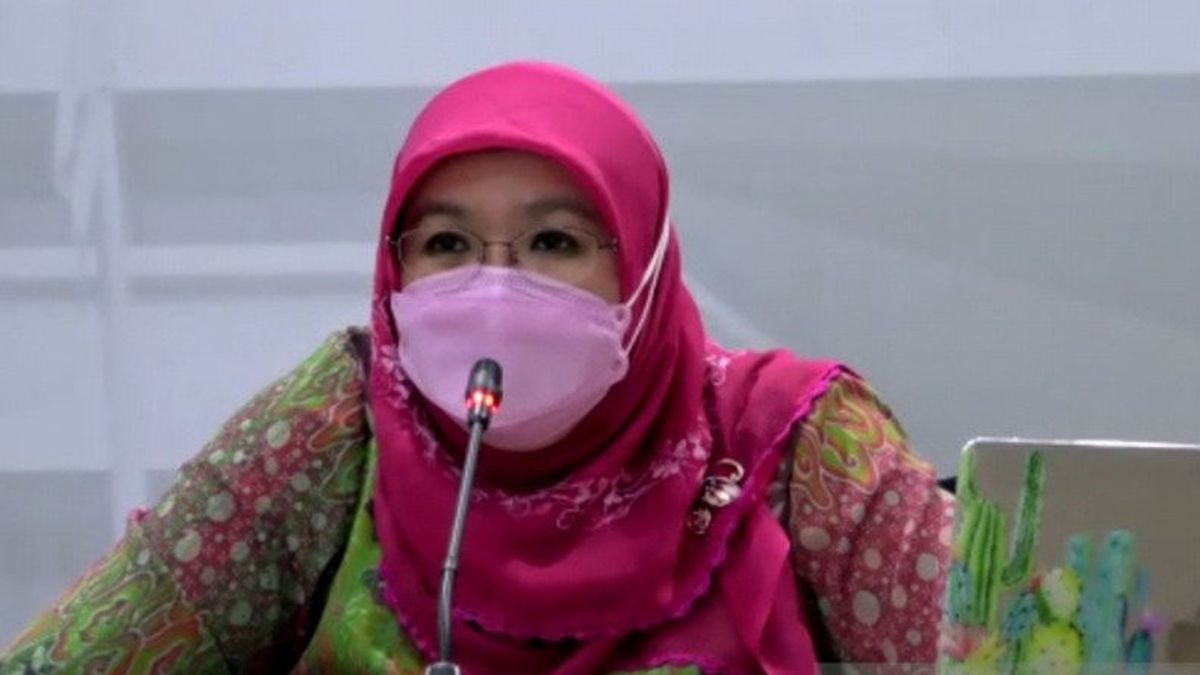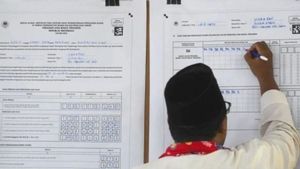
JAKARTA - The Ministry of Health said that the possibility of acute hepatitis becoming a pandemic is relatively small.
"If we look at the development of cases, the speed with which cases are increasing, this is mysterious acute hepatitis if it develops like a pandemic situation, it feels very small," said Secretary of the Directorate General of Public Health, Ministry of Health, Siti Nadia Tarmizi, as quoted by Antara, Thursday, May 19.
According to him, the situation of acute hepatitis that occurs in the world today does not threaten so much that it causes people's activities to be disrupted.
"But we still need to be vigilant because the WHO has declared it a disease that has the potential to reach extraordinary events," he said.
In epidemiology, he suggests the stages of disease starting from increasing cases, extraordinary events, outbreaks, endemics and pandemics.
"If COVID-19 reaches a pandemic, it's (acute hepatitis) WHO just says to be careful later, extraordinary events can occur," he said.
According to experts, Nadia conveyed, the symptoms of acute hepatitis are similar to the symptoms of hepatitis A, which is transmitted through food. However, there are no scientific facts regarding the identification of the virus and the treatment of the mysterious hepatitis disease.
"We don't know the cause of the disease, the virus, we don't know what medicine to treat, we don't know the risk factors, how exactly it is transmitted," he said.
Therefore, he continued, people are advised to continue to apply a clean lifestyle by diligently washing their hands, not eating carelessly, not sharing eating utensils with others.
Nadia said, from the case data in Indonesia owned by the Ministry of Health, seven of the 14 cases of acute hepatitis occurred at the age of under five years. Then, there are three people aged 11-16 years, and four people aged 5-10 years.
"The risk of children under five years is greater. So we feel there is no need to evaluate face-to-face learning (PTM)," he said.
The English, Chinese, Japanese, Arabic, and French versions are automatically generated by the AI. So there may still be inaccuracies in translating, please always see Indonesian as our main language. (system supported by DigitalSiber.id)












